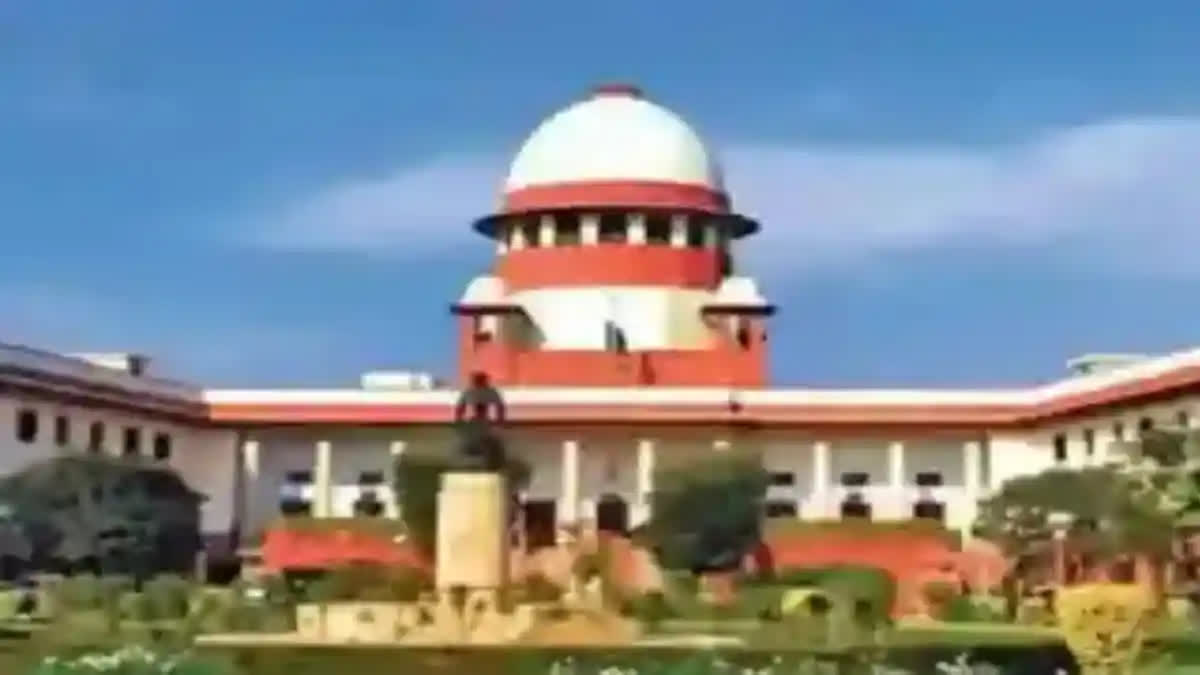New Delhi:The Supreme Court on Thursday, while striking down the 2018 electoral bond scheme, said unlimited contribution by companies to political parties is antithetical to free and fair elections and, on Centre’s contention that the scheme curbs black money and its circulation, added that the scheme is not the only means for curbing black money in electoral finance.
A five-judge bench headed by Chief Justice of India D Y Chandrachud said the chief reason for corporate funding of political parties is to influence the political process which may in turn improve the company's business performance.
The bench said a company, whatever may be its form or character, is principally incorporated to carry out the objects contained in the memorandum and the amendment of various laws now allows a company, through its Board of Directors, to contribute unlimited amounts to political parties without any accountability and scrutiny.
"Unlimited contribution by companies to political parties is antithetical to free and fair elections because it allows certain persons/companies to wield their clout and resources to influence policy making. The purpose of Section 182 (Companies Act) is to curb corruption in electoral financing”, said the CJI, who authored the majority judgment, on behalf of the bench.
“The amendment to Section 182 by permitting unlimited corporate contributions (including by shell companies) authorises unrestrained influence of companies on the electoral process. This is violative of the principle of free and fair elections and political equality captured in the value of 'one person one vote'", said the bench.
The top court said the ability of a company to influence the electoral process through political contributions is much higher when compared to that of an individual.
"A company has a much graver influence on the political process, both in terms of the quantum of money contributed to political parties and the purpose of making such contributions. Contributions made by individuals have a degree of support or affiliation to a political association. However, contributions made by companies are purely business transactions, made with the intent of securing benefits in return," the bench observed.
On the aspect of whether the encroachment on fundamental rights is proportional to the objection sought to be achieved, the bench said the state did not adopt the least restrictive method and as examples of the least restrictive methods, cited the Rs 20,000 cap on anonymous donations.
"We are of the opinion that companies and individuals cannot be equated for the purpose of political contributions," said the bench.
The apex court also said that the electoral bonds violate people's right to information and Article 14 of the Constitution guaranteeing equality and they also infringe on the principle of free and fair elections as stipulated in the Constitution.
